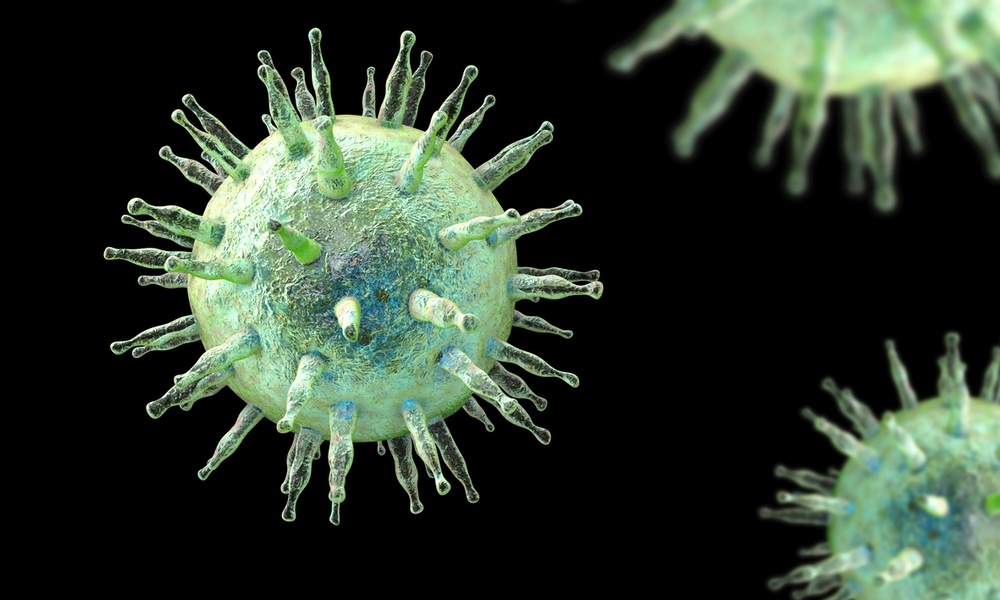According to a review of 30 years of published literature on the biochemistry of vegetarianism, vegans tend to have low levels of vitamin B12 and omega-3 unsaturated fatty acids and would be doing themselves a favor if they would raise them.
One consequence of low B12 is a rise in the level of the amino acid homocysteine which has been linked with a high risk for heart disease.
Vitamin B12 has long been known to pose a problem for vegans, since it is found almost solely in animal and dairy products. Vegans might consider taking supplements. The main dietary sources of omega-3s are fatty fish such as salmon. Walnuts, flaxseed, pumpkin seeds and almonds also provide fatty acids which the body can convert into omega-3s, but not as much as it gets from eating fish. Once again, supplements can be purchased, but eating the real thing is better.
The main concern of the review was the effect of diet on heart and circulatory risk. In general, a vegan diet presents less of a risk for heart disease than other diets, since it doesn't contain all the artery-clogging fat found in meat and doesn't promote being overweight. But a lack of B12 and omega-3s presents its own special set of heart risks.
Omega-3 fatty acids have been shown to lower inflammation in general and in blood vessels in particular, which lowers the risk of clogged arteries and blood clotting complications. They also reduce triglyceride levels and raise the amount of HDL (good) cholesterol, two effects which are heart healthy. But they can't do this if they never make it into the body.
The review did not find increased heart disease or inflammation in vegans or vegetarians. What it found was low levels of B12 and omega-3s, which might lead to these problems. Which could be food for thought for people who eat a vegan or vegetarian diet.
The review was published in the February 3, 2011 issue of the Journal of Agricultural and Food Chemistry.




